
In a historic step, the U.S. Fish and Wildlife Service announced plans to declare seven pangolin species as endangered. Pangolins – small nocturnal mammals covered in tough scales – are recognized as “the world’s most heavily trafficked mammal”. This move will stiffen penalties on poachers and smugglers. “Protection under the Endangered Species Act is long overdue,” said attorney Nicholas Arrivo of Humane World for Animals.
“But it’s a good day for pangolins”. Conservationists note that every pangolin listed means stronger bans on trade in their scales and meat worldwide.
Pangolins in Peril
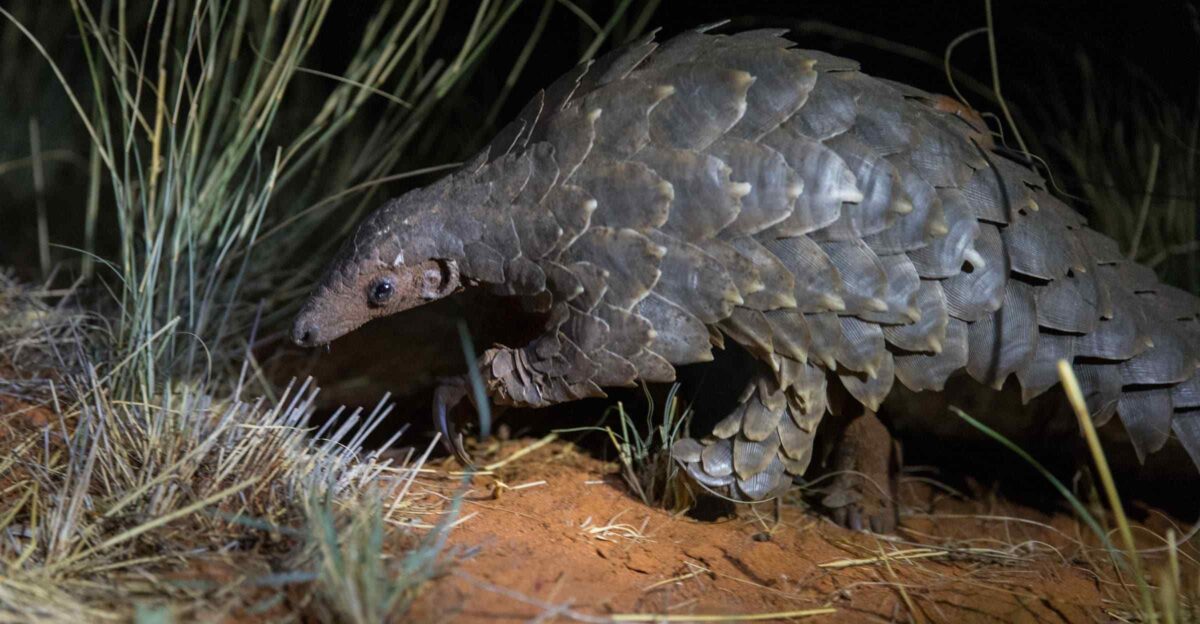
Pangolins are hunted for meat and keratin scales, prized in some traditional medicines despite “no reliable evidence” they help heal anything. After an international trade ban in 2016, illegal trafficking continues unabated, pushing populations toward collapse. These animals reproduce slowly (just one offspring per year), so even a few seizures can cripple local populations.
Researchers estimate more than 8.5 million pangolins were removed from the wild in West and Central Africa between 2014 and 2021. Habitat loss from deforestation and development only adds pressure. Against this backdrop of crisis, U.S. officials say action was urgently needed.
Cracking Down on Trade
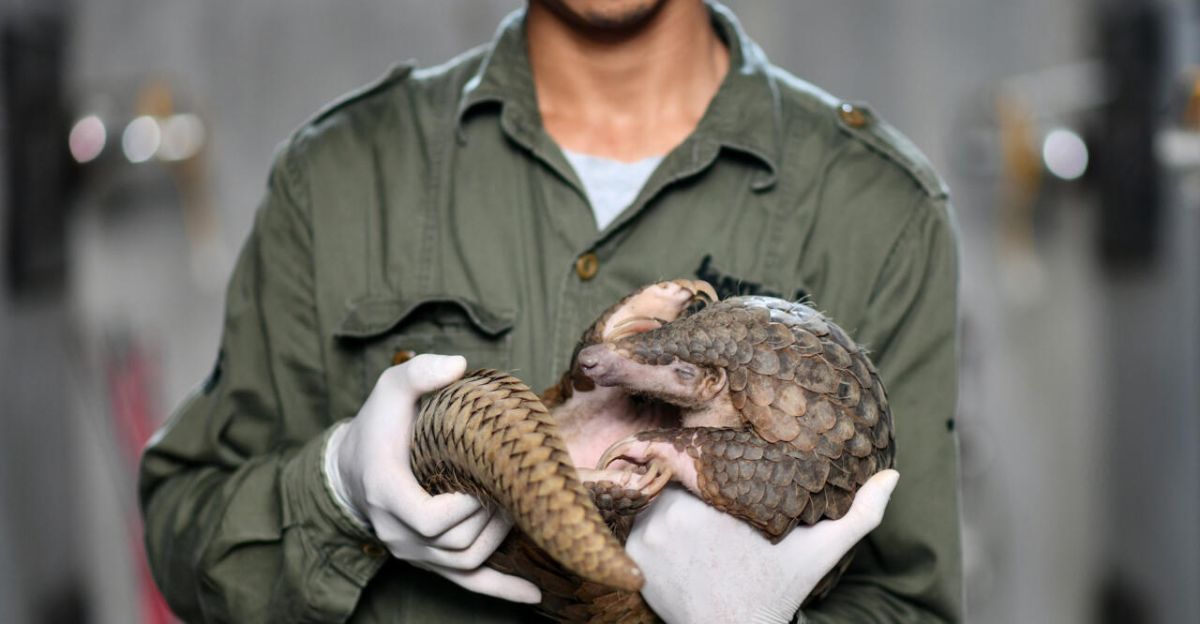
If finalized, the U.S. listing would ban all import and interstate sale of pangolin parts in America, effectively shutting down domestic markets. The Fish and Wildlife Service notes that this step would give law enforcement “additional resources for combating trafficking” in pangolins. U.S. leaders are taking these steps partly because the country has historically been a buyer of pangolin leather and scales.
By strengthening penalties, officials aim to “heighten global awareness about pangolins and the threats they face” and fund anti-trafficking efforts. In effect, America is signaling zero tolerance for wildlife smuggling networks involving pangolins.
Conservationists Celebrate
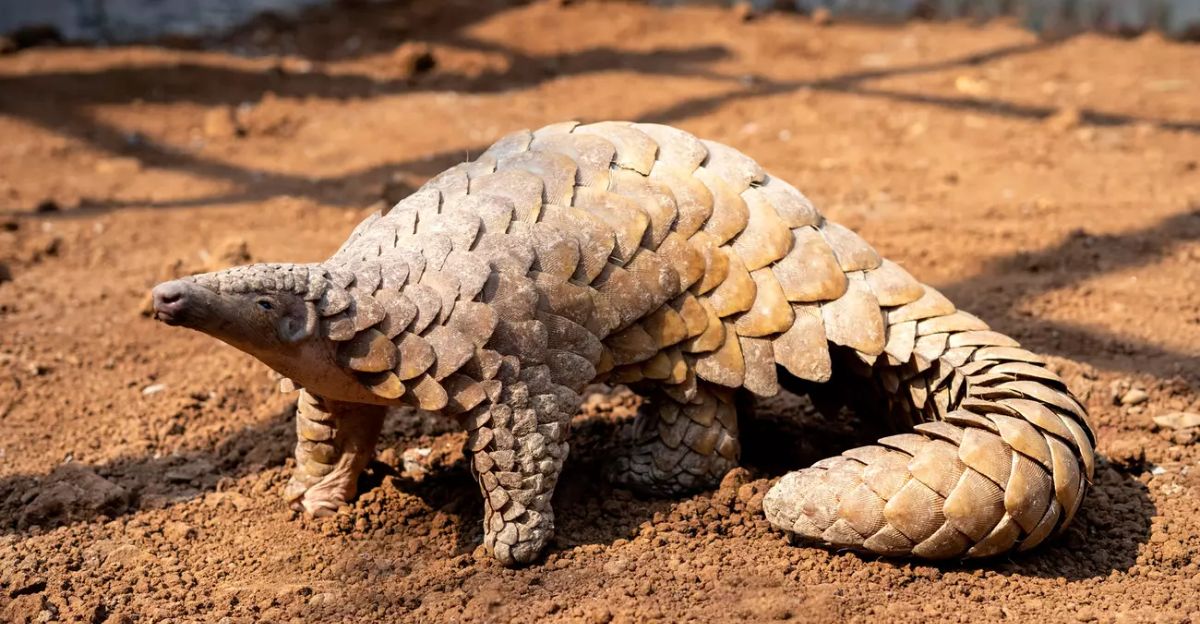
The announcement drew praise from animal advocates. Jeff Flocken of Humane World for Animals called it “a victory for pangolins,” noting that this vulnerable species “deserve[s] to be protected from being exploited for profit”. Danielle Kessler of the International Fund for Animal Welfare called the listing “a pivotal moment for pangolin conservation,” saying the U.S. is now taking “a leadership role in combating wildlife trafficking”. Sarah Uhlemann of the Center for Biological Diversity pointed out that pangolins are “on the razor’s edge of extinction” and urged an end to all U.S. markets for their scales.
Even online commenters were elated: one wrote that seeing America “stepping up to protect pangolins – every scale saved is a step toward survival”.
Natural Predators Deployed
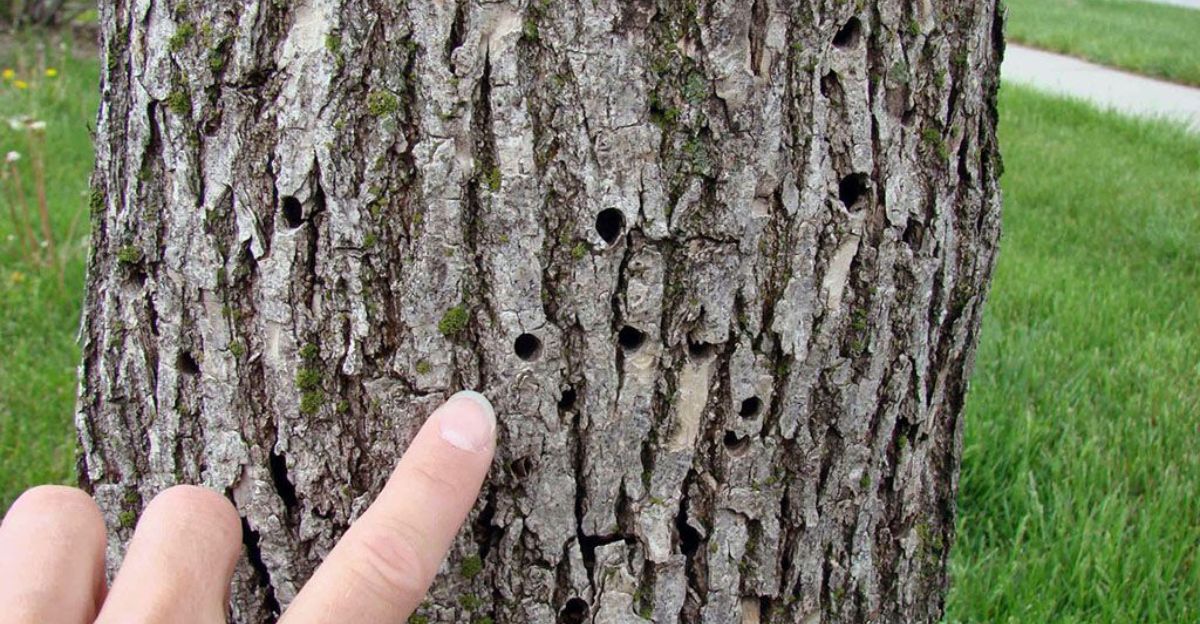
Conservation efforts are gaining momentum beyond pangolins. In Minnesota, entomologists took an innovative approach against the emerald ash borer, an invasive beetle killing millions of ash trees. The state released 1,000 tiny parasitoid wasps into affected forests. These stingless wasps lay eggs in ash borer larvae, destroying the pest without chemicals. “The ones that we are releasing are wasps that will not sting humans, and they’re so small that probably nobody’s even going to see them,” explained MDA entomologist Angie Ambourn.
This nature-based solution aims to curb a deadly tree pest, reflecting a broader trend of using ecosystems’ own checks and balances.
Wildlife Rescue Success

Wildlife groups also scored wins on the ground. In New Mexico, a tiny American pronghorn fawn was found orphaned and underweight on private land. Rescuers with the San Diego Zoo Wildlife Alliance swooped in to save the calf, which is now thriving at their Safari Park. The American pronghorn (often called a speedgoat) was once endangered in parts of the U.S., so every saved individual counts.
That rescue mirrors the pangolin story in spirit: both show how dedicated teams are springing into action to save vulnerable species in need.
Undercutting Crime Networks
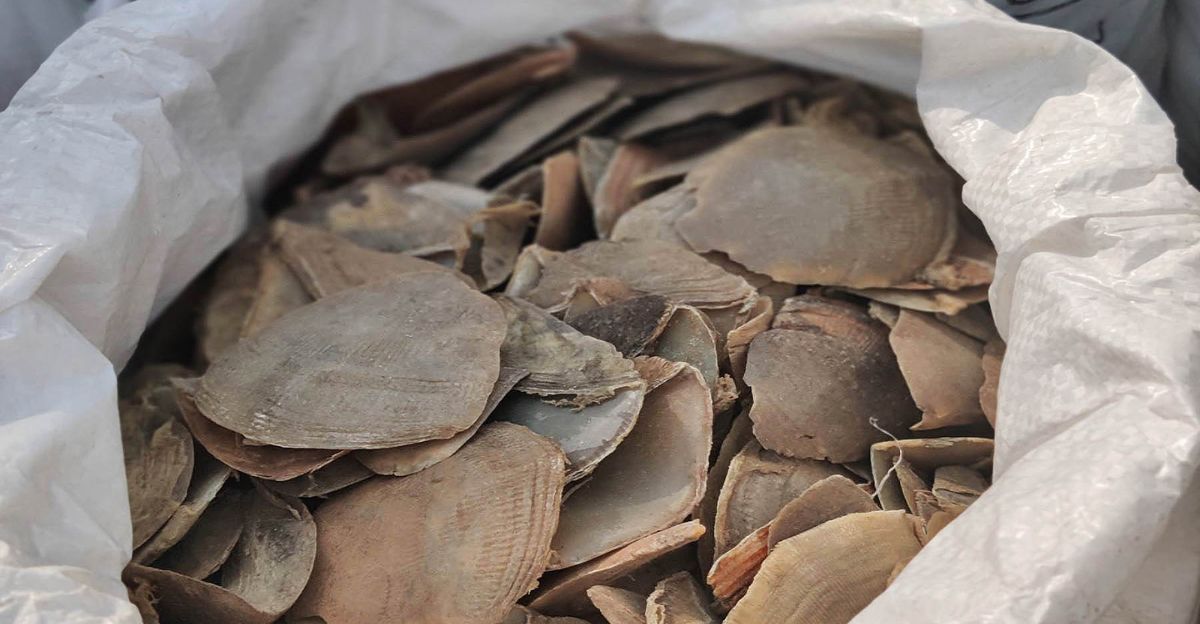
Experts stress that protecting species also strikes at wildlife crime. The U.S. agency warns that proceeds from illegal wildlife trafficking “often fund serious crimes, including drug and arms trafficking”. By eliminating U.S. demand for pangolin products, officials hope to undercut those criminal networks. (Ironically, pangolin scales have no verified medical benefit – they’re made of keratin, like fingernails.)
Still, advocates say habitat protection is also key: listing pangolins under the Endangered Species Act is a legal shield, but wild populations need safe forests to return to.
Public Role and Advice
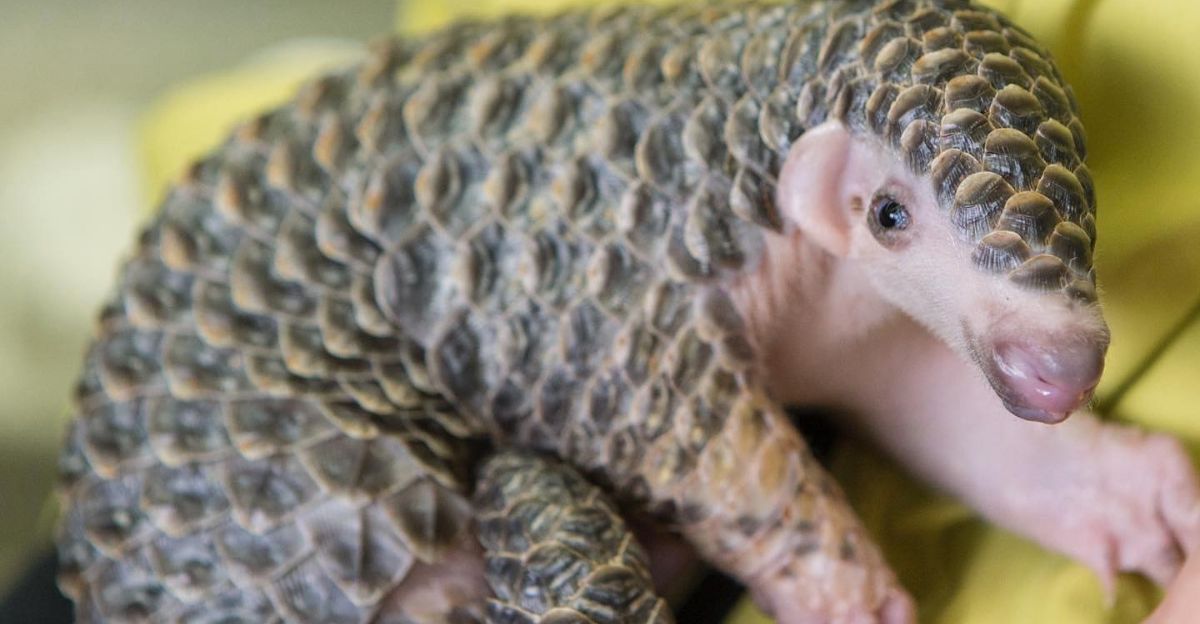
What can people do? First, refuse any products claiming to contain pangolin parts or other exotic ingredients. Scientists emphasize that pangolin scales have “no reliable evidence” of medical value – they’re simply scratched surfaces of protein. Spread the word about wildlife trafficking: support organizations like Humane World for Animals or IFAW, which are campaigning for stronger enforcement.
You can also tell policymakers to fund endangered species work and prosecute smugglers. Conservationists say that even social media shares or grassroots fundraising help: “every scale saved is a step toward survival,” in their words.
Looking Ahead for Pangolins
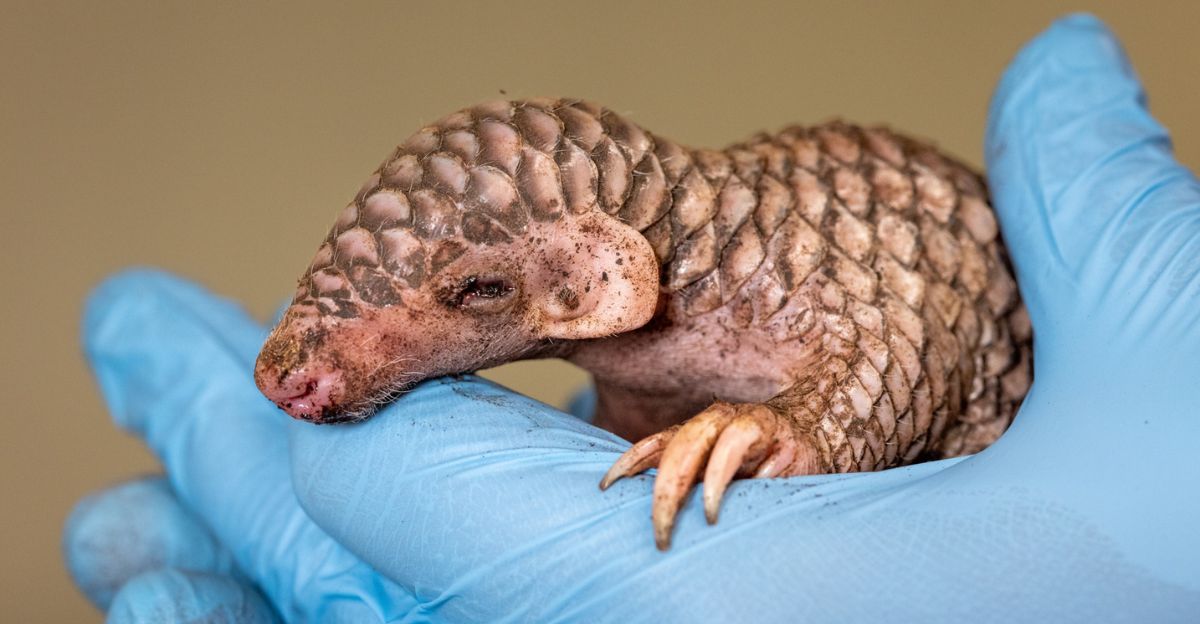
The public comment period on this proposal is open now, and conservation groups will push for a swift final listing. If successful, pangolins would join the more than 2,000 species already protected by the U.S. Endangered Species Act. The Fish and Wildlife Service itself notes that listing pangolins “reaffirms the Service’s commitment to protecting these magnificent species and ensures the United States does not contribute to their continued decline”.
Even critics of the law acknowledge that pangolins need every help they can get. The hope is that America’s action will inspire other countries to bolster their bans and that funding for rainforests and anti-poaching will increase.
A Good Day for Wildlife
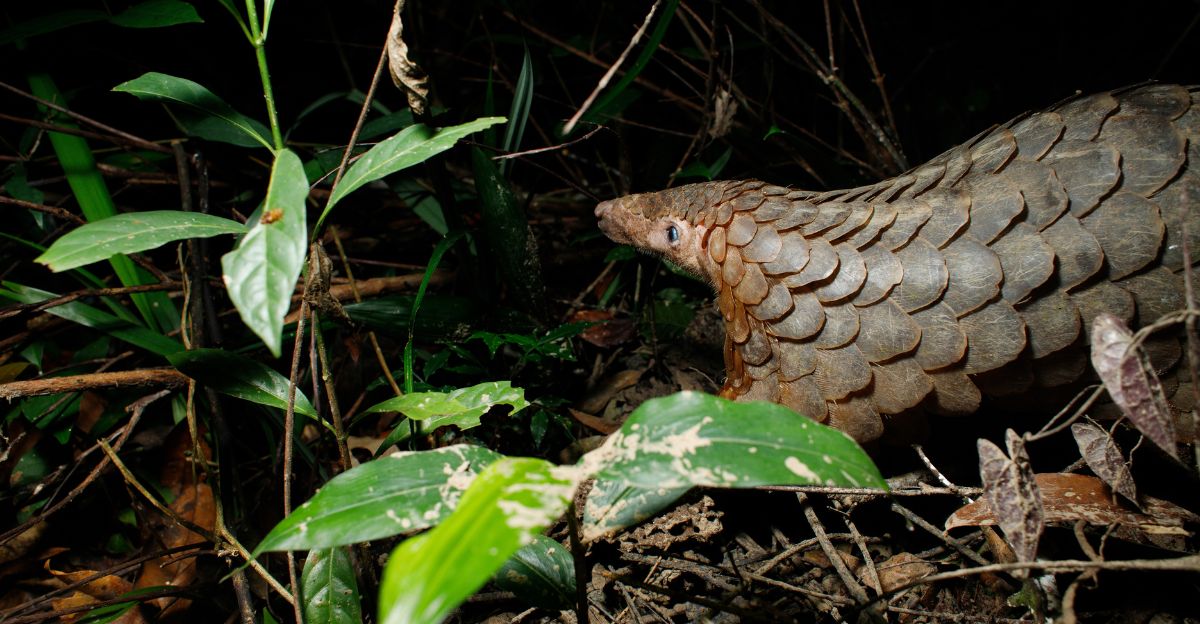
In sum, officials say this is “a leadership role in combating wildlife trafficking”. It’s a good day not just for pangolins, but for biodiversity everywhere. This single policy change has far-reaching effects: from slowing a deadly forest pest in Minnesota to saving orphaned pronghorn calves, momentum is building.
Protecting one of the world’s most trafficked mammals can send ripples — or rather waves — across conservation: safer habitats, tougher laws, and hopefully a rebound for species on the brink. Ultimately, ensuring pangolins survive will be a measure of our global commitment to nature.







